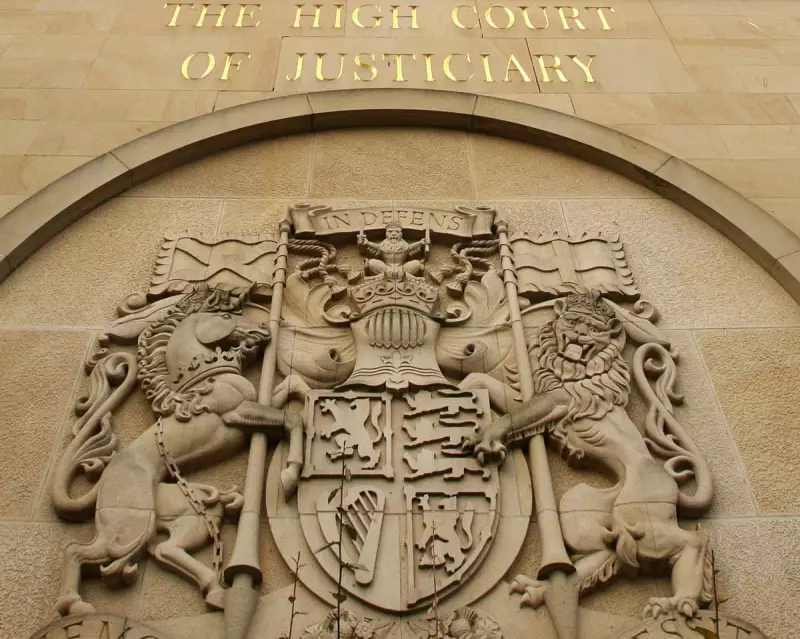
A 16-year-old boy from East Ayrshire has been detained under mental health legislation after admitting to planning a terrorist attack on a mosque in Scotland.
The teenager, who cannot be named for legal reasons, pleaded guilty to preparing acts of terrorism at the High Court in Glasgow. His plans were uncovered after he shared extremist material and attack plans online.
From Online Radicalisation to Real-World Threat
Investigators revealed the youth had become deeply immersed in far-right ideology online. His digital footprint included searches for firearms, explosives, and specific mosques to target. He had also drawn detailed diagrams of attack locations and written a manifesto outlining his extremist views.
Lord Beckett, presiding over the case, noted the "considerable seriousness" of the offences while acknowledging the teenager's young age and mental health challenges.
A Preventative Intervention
The case came to light not through a failed attack, but through proactive intervention. The boy's own family raised concerns after discovering disturbing material, triggering a police investigation that prevented potential tragedy.
Detective Chief Superintendent Stuart Houston of Police Scotland emphasised the importance of community vigilance: "This case demonstrates how partnership working and early intervention can disrupt terrorist planning."
Broader Concerns About Youth Radicalisation
This incident adds to growing concerns about the radicalisation of young people in the UK. Security services have reported increasing numbers of teenagers being drawn into extremist ideologies through online platforms.
The case has sparked renewed discussions about:
- Online platform responsibilities in combating extremism
- Mental health support for vulnerable youth
- Community-based prevention programs
- Early intervention strategies
The teenager will remain detained under mental health provisions while receiving specialised treatment, with periodic reviews of his condition and risk level.





